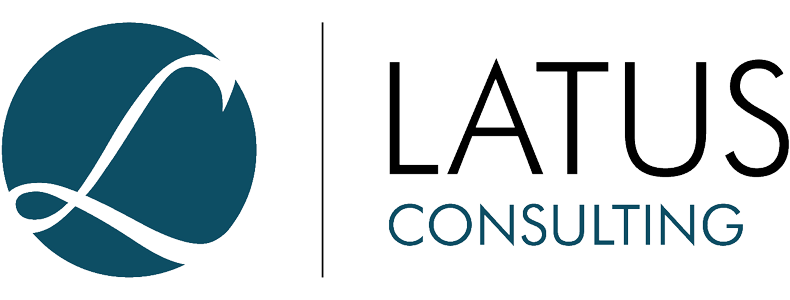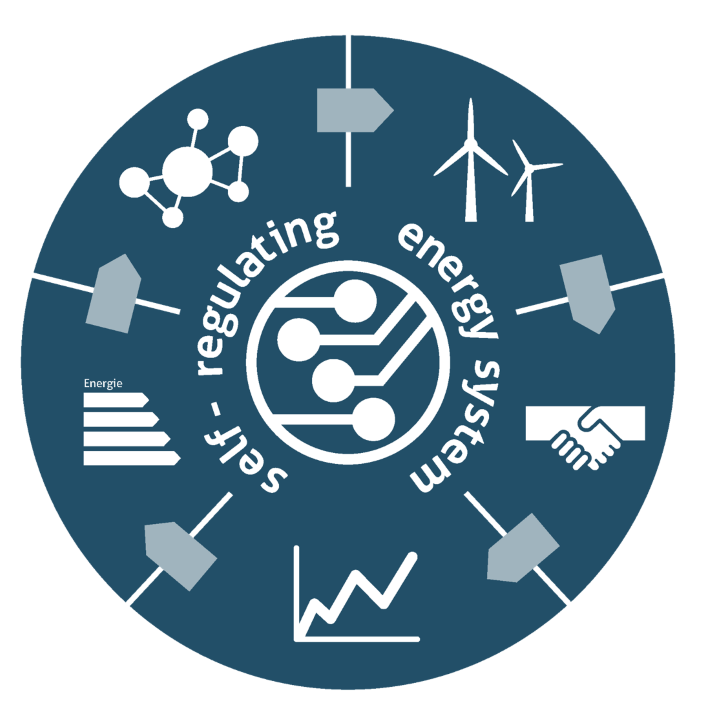Proficiencies
Smart Energy
The regulatory policy guidelines for the “Energiewende” (paradigm shift in energy production in Germany towards renewable energy sources) and the increasing number of suppliers of renewable energies are the key drivers of the need to make the energy distribution network smarter. At a network distribution level in particular, it is important to implement bi-directional, assured M2M communication with consumers, suppliers, and all other market participants. In addition to the introduction of smart meters to bring benefits in energy production and distribution, so-called smart market applications such as virtual power plants and load shedding are becoming ever more important for energy marketing and trading. Similar to the requirements of smart grid applications, a complex and high-performing IT and communications infrastructure is needed. Currently, all energy providers are facing the difficult task of determining the appropriate mix of technologies to ensure the underlying communication platform is future-proof. In addition, a suitable and sustainable business model must be found for the implementation of these complex and, in some cases, very varied requirements. The transformation of control and measurement tasks (including the high safety standards) into appropriate specifications for telecommunications providers is a major challenge in itself.
On the basis of proven methods, LATUS consulting has developed ICT specifications on the dimensioning of communication networks and transmission routes to the management of energy networks for German utility companies.



